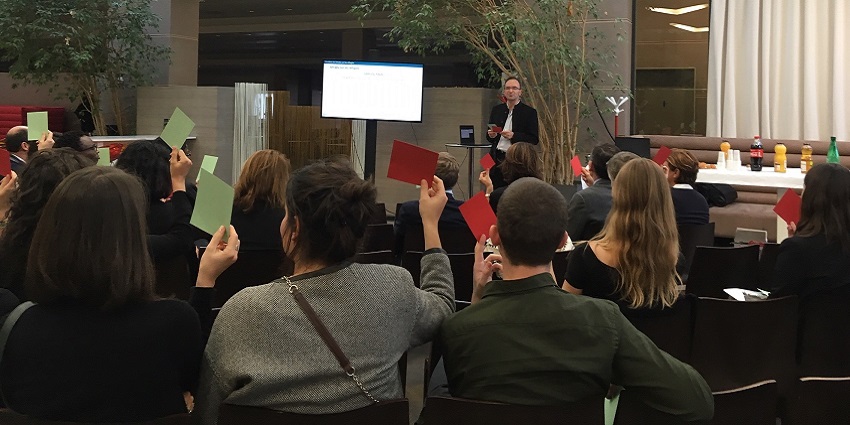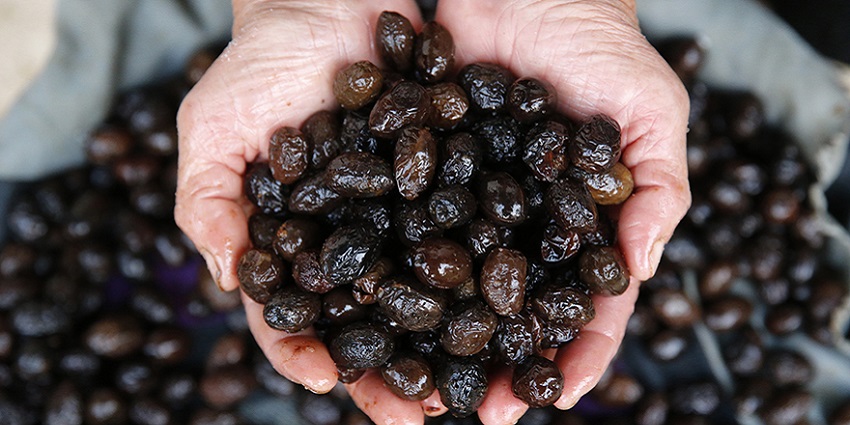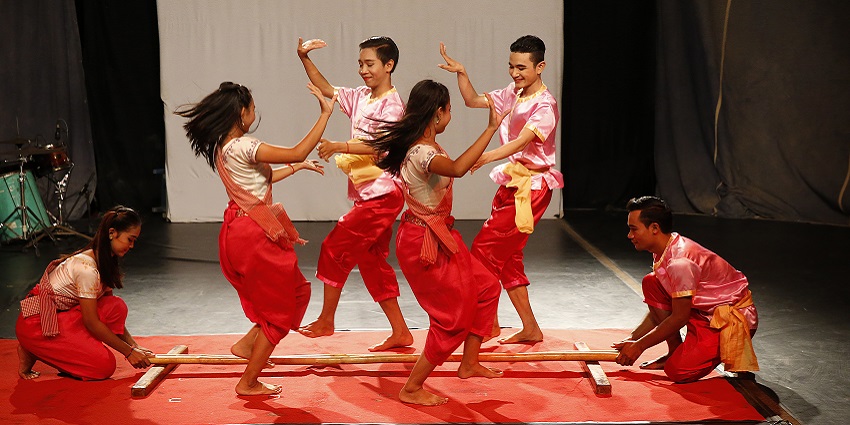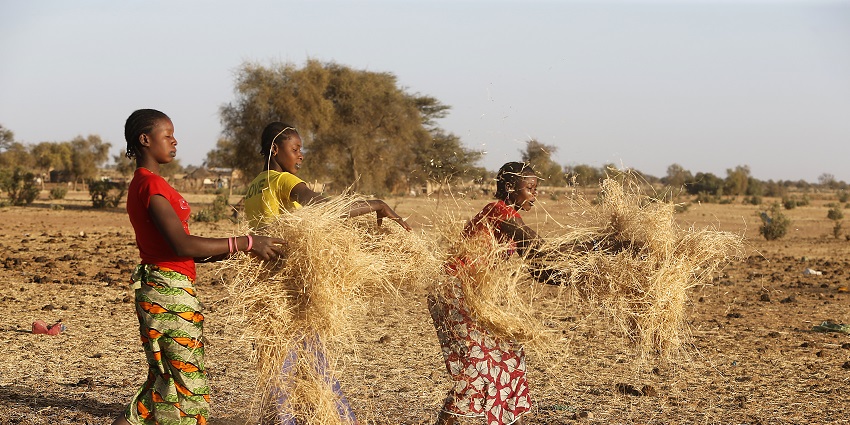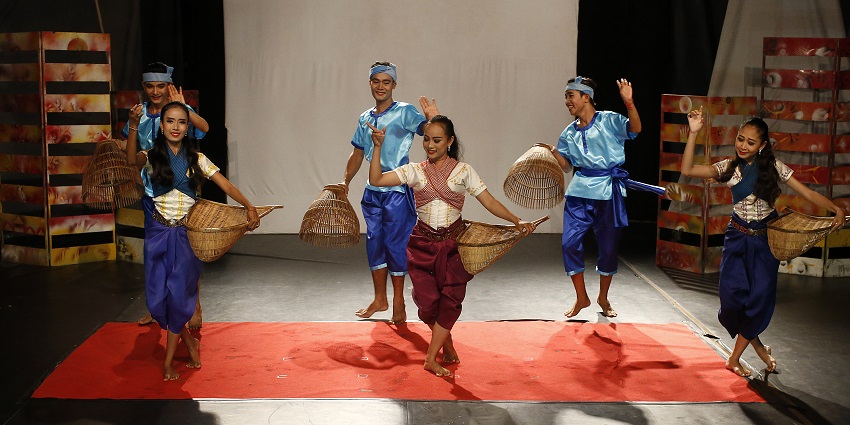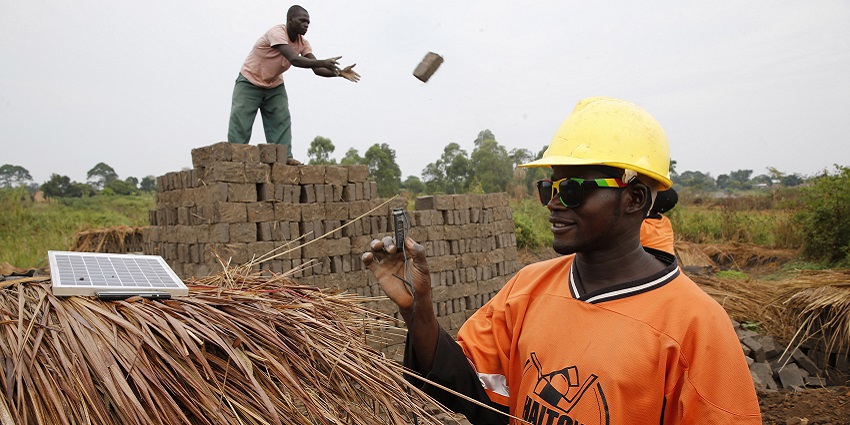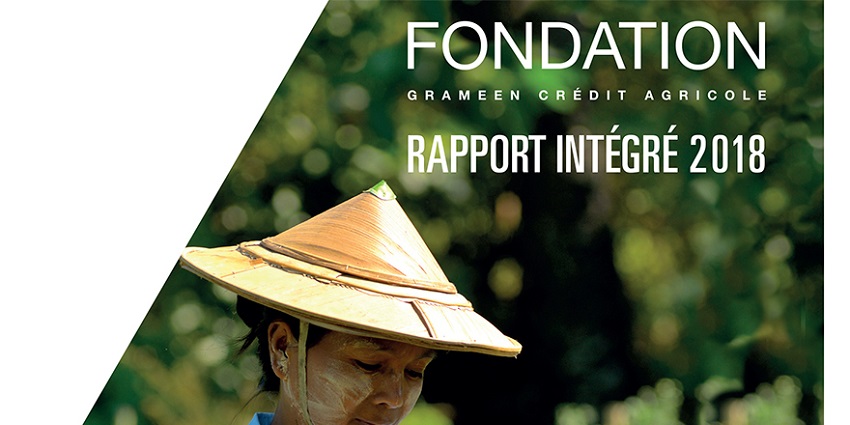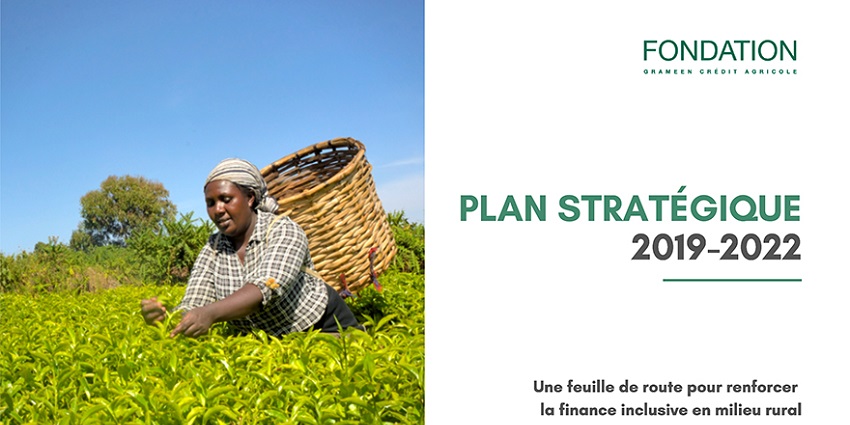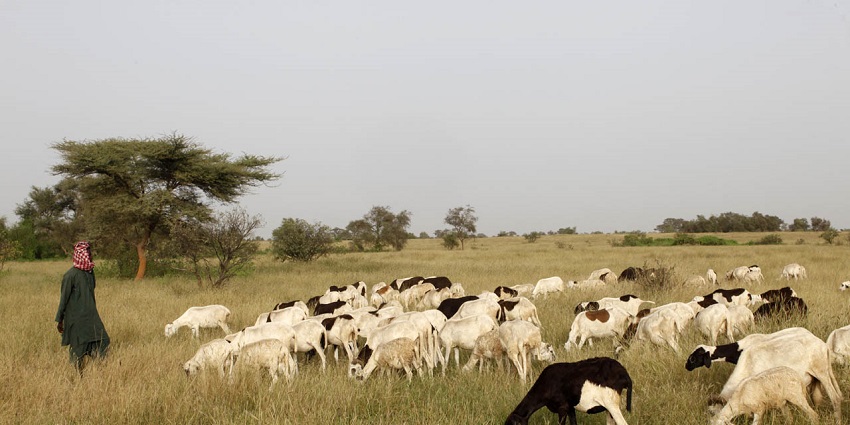By Chloé Chevrand & Evelyne Offroy, Grameen Crédit Agricole Foundation
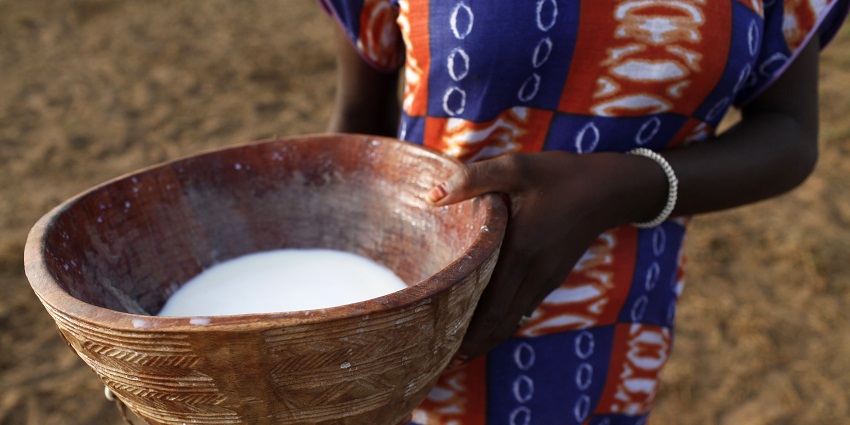
© Philippe Lissac
After a Solidarity Banker mission supporting the Laiterie du Berger, Jonathan Michaud is now Director of Kossam SDE, a project led by the dairy that aims to structure the dairy sector in northern Senegal. A spotlight on our discussions with this agricultural engineer from Crédit Agricole Franche-Comté, who was seconded for two years to support the development of this high-impact social project.
Structuring the dairy sector in Senegal
Driving territorial development in the Richard Toll dairy basin in northern Senegal is the shared ambition of Laiterie du Berger and its subsidiary Kossam SDE. Since its creation in 2005, Laiterie du Berger has established itself as a pioneering social enterprise in the country.
Today, La Laiterie has become the second-largest player in the Senegalese yogurt market and the leading national company processing local milk. It works with the Dagana Livestock Cooperative, which brings together 800 Fulani livestock farmers, employs 300 people, and produces 6,000 tons of yogurt each year. In early 2019, to consolidate the business and the dairy sector, La Laiterie du Berger and the Dagana Livestock Cooperative co-founded the social enterprise Kossam – Société de Développement de l'Elevage (Kossam SDE).
Kossam SDE aims to structure and strengthen the dairy sector by providing local services (livestock feed, fodder, etc.) and training and advice to local farmers. The company is developing a "mini-farm" model currently in the pilot phase (15 units in operation) and aims to establish 100 mini-farms by 2022 (more information on the project here).
Young people, actors of development
Youth play an important role at the heart of this development plan. In a context where youth employment is a real challenge in Senegal, Kossam is implementing an ambitious program to support young people in their professional development in dairy production.
Thus, the training offered to farmers is also open to their families. Indeed, the dairy's farmers are mainly families, or rather family organizations, made up of a 'can manager', male or female, behind whom an entire family structure works. "There is a real desire among farmers trained by Kossam to involve and empower their children in farm work. Kossam SDE plans to intensify training and support for farmers and local youth, on the technical aspects and economic management of the farm and the family," says Jonathan Michaud, Managing Director of Kossam SDE, an agricultural engineer from Crédit Agricole Franche Comté, seconded for two years to develop the project.
Furthermore, young people are not only involved in the livestock sector, but also in other aspects of the dairy industry. Many young people are elected as leaders of dairy hubs (which are local sections of the cooperative). While these positions were once reserved for senior managers, today the involvement of young people in agricultural and local leadership roles is one of the foundations of the sector's model as it is being structured.
Finally, youth employment is promoted in milk collection. Kossam SDE has thus enabled the creation of the "collector" profession, now practiced by young local people. Jonathan Michaud affirms that the development of milk collection and the generation of increasing income through dairy activity contribute greatly to the stabilization of the young population of the Richard Toll dairy basin. In addition, the project has led to a change in the image of the dairy industry in the eyes of young people: for local populations, dairy production has become a rewarding, remunerative, and attractive activity for new generations.
With the increase in farm productivity, the creation of new professions around livestock farming will become essential (for example, the creation of professions such as livestock advisors and livestock technicians). As Jonathan Michaud points out, this is the logical continuation of the movement already initiated by the Laiterie du Berger for more than 10 years around dairy professionalization, which requires support, supervision, structures and therefore creates employment through and around dairy production.
With Kossam, the movement is strengthening, relying on training, entrepreneurship and the involvement of young people, bearers of innovations and key players in development in Senegal.
